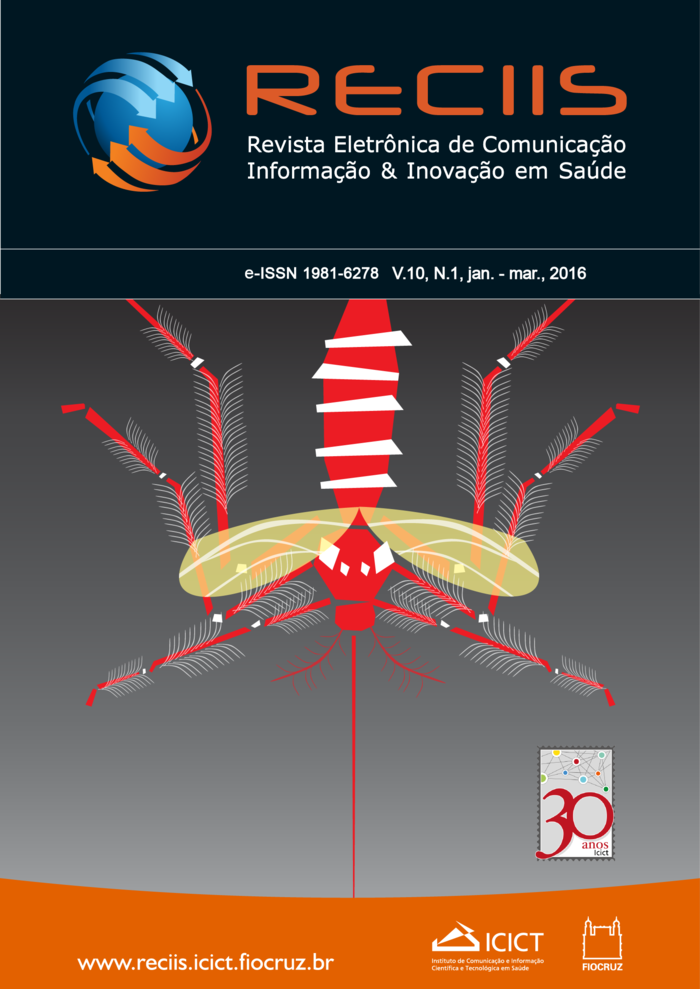Open educational resources (OER) and new social practices
DOI:
https://doi.org/10.29397/reciis.v10i1.1078Keywords:
Education, Education continuing, Teaching, Digital culture, Author rights, Textbooks.Abstract
According to UNESCO and Commonwealth of Learning, open educational resources (OER) are teaching, learning and research materials in any medium, digital or otherwise, that are in the public domain or have been released under an open license that permits free access, use, adaptation and redistribution by others. In the context of digital culture, OER create the opportunity for educators, students and even those are not formally tied to an educational institution to be involved in the creative process to develop and adapt educational resources. Governments and educational institutions can train teachers and students for collaborative production of texts, pictures and quality videos. With the opening of the materials on internet,
the possibility of continuing education extends to the whole society.
Downloads
Published
How to Cite
Issue
Section
License
Author’s rights: The author retains unrestricted rights over his work.
Rights to reuse: Reciis adopts the Creative Commons License, CC BY-NC non-commercial attribution according to the Policy on Open Access to Knowledge by Oswaldo Cruz Foundation. With this license, access, download, copy, print, share, reuse, and distribution of articles is allowed, provided that it is for non-commercial use and with source citation, granting proper authorship credits and reference to Reciis. In such cases, no permission is required from the authors or editors.
Rights of authors’s deposit / self-archiving: The authors are encouraged to deposit the published version, along with the link of their article in Reciis, in institutional repositories.












